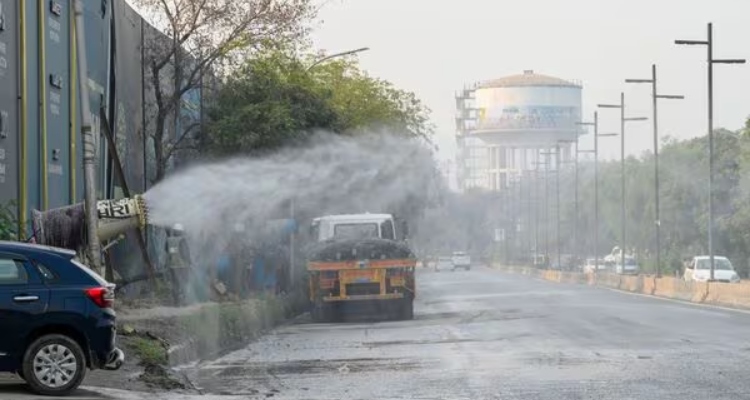
The Supreme Court raised concerns on Friday about the “drastic” consequences of the GRAP Stage IV restrictions imposed in Delhi-NCR to combat the worsening air pollution.
Court also questioned the Delhi government about the effectiveness of truck entry restrictions in the national capital and suggested exploring new measures to address the air quality crisis.
During the hearing, the Court expressed skepticism over the implementation of truck entry bans, stating, “It is very difficult for us to assume that entry of trucks in Delhi has been stopped.”
The bench, led by Justices Abhay S. Oka and Augustine George Masih, criticized both the Delhi government and the police for failing to enforce the GRAP Stage IV norms effectively, highlighting the presence of nearly 100 unmanned entry points into the city where trucks could still gain access. The Delhi government’s counsel confirmed that there are 113 entry points, including 13 specifically for trucks.
In response, the Supreme Court directed the Delhi government to deploy police personnel at all 113 entry points to ensure proper monitoring of truck movements. Additionally, officials were instructed to familiarize themselves with a list of essential commodities allowed entry and submit CCTV footage from the 13 key entry points to the amicus curiae.
To further ensure compliance, 13 lawyers from the bar were tasked with visiting the entry points to check if the GRAP Stage IV restrictions are being properly enforced.
The air quality in Delhi remained in the “very poor” category on Friday, with an AQI reading of 373. Nine of the city’s 38 monitoring stations reported “severe” air quality levels.
As part of the ongoing efforts to control the pollution crisis, authorities had implemented the GRAP Stage IV restrictions earlier in the week, when Delhi’s air quality breached the ‘severe plus’ category, with AQI levels approaching 500.
These measures include a complete ban on construction and demolition activities, school closures, and strict vehicular restrictions, including prohibiting non-emergency commercial activities and enforcing the odd-even scheme for vehicles.
The Court indicated it would revisit the situation next week to assess whether these restrictions can be relaxed based on the evolving air quality.




